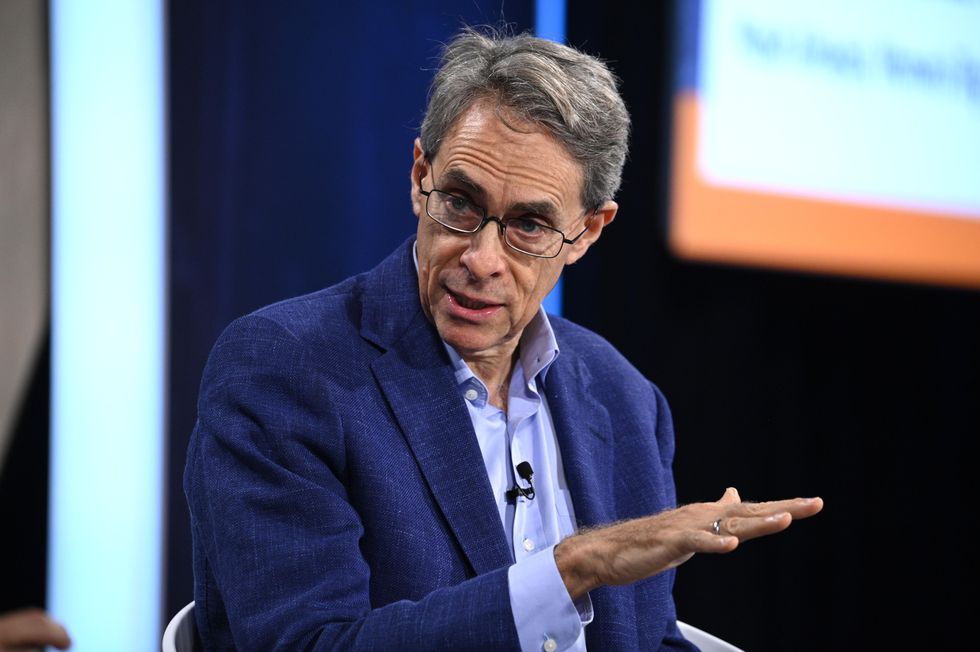
Human rights and free expression advocates on Thursday said the Harvard Kennedy School finally made “the right decision” after the prestigious public policy school’s dean announced he was reversing his opposition to a fellowship for longtime human rights campaigner Kenneth Roth.
Dean Douglas Elmendorf’s earlier refusal to support the one-year fellowship—first reported by The Nation earlier this month—was met with condemnation from Roth, free speech advocacy groups, and more than 1,000 students, faculty, and alumni of the school who accused the dean of retaliating against Roth for his criticism of Israel’s violent anti-Palestinian policies.
Elemendorf reportedly told colleagues that he was concerned about analyses by Human Rights Watch (HRW), the international group led by Roth for three decades until his retirement last year, which concluded—as have other groups including the Israel-based B’Tselem and the United Nations—that Israel has imposed apartheid on Palestinians for decades.
“The problem of people penalized for criticizing Israel is not limited to me, and most scholars and students have no comparable capacity to mobilize public attention.”
On Thursday, the dean sent a letter to the school community saying it had been “an error… not to appoint him as a fellow” at the Harvard Kennedy School’s Carr Center for Human Rights Policy.
Sunjeev Bery, executive director of global human rights group Freedom Forward, applauded the move as a “victory for human rights and academic freedom.”
Roth released a statement saying he was “thrilled” that Elmendorf “rescinded his decision to block the fellowship” and expressed gratitude to students and faculty members who had shared their “overwhelming disapproval of Dean Elmendorf’s original decision.”
He called on Elmendorf to provide more transparency about his decision-making process. Roth earlier this month said he believed the decision to veto the fellowship offer stemmed from pressure from anti-Palestinian rights sentiments among Harvard donors.
Elmendorf “still has not said anything about the ‘people who matter to him’ whom he said were behind his original veto decision,” Roth said Thursday.
Roth also said he still has concerns about the larger issue of academic freedom at Harvard, particularly for students and teachers who lack his international platform.
“Given my three decades leading Human Rights Watch, I was able to shine an intense spotlight on Dean Elmendorf’s decision, but what about others?” he said. “The problem of people penalized for criticizing Israel is not limited to me, and most scholars and students have no comparable capacity to mobilize public attention.”
“How is the Kennedy School, and Harvard,” he asked, “going to ensure that this episode conveys a renewed commitment to academic freedom rather than just exceptional treatment for one well-known individual?”




